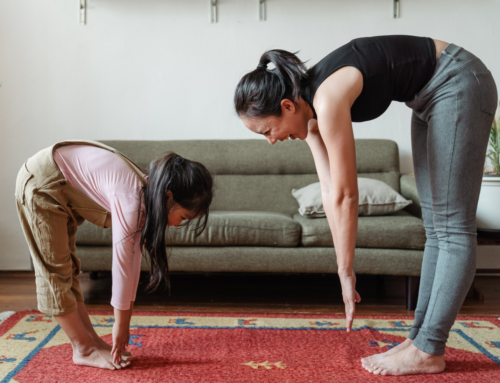The global coronavirus pandemic has disrupted our lives in nearly every way. However, these last few months have been particularly difficult for individuals with Parkinson’s Disease (PD) and their loved ones.
Every year, more than 60,000 people living in the United States are diagnosed with PD. Supportive therapy, maintaining a routine, and keeping in touch with family are essential components of managing symptoms successfully.
With the lockdown lasting several months, and the anxiety that surrounds COVID-19, many PD patients have been unable to access the healthcare they need.
To help cope with the situation, we’ve outlined some tips that you can use to navigate the situation better:
Continue Medical Care
If your PD symptoms are stable, it’s best to discuss this with your doctor and cancel any upcoming in-person appointments—opt for online consults or telemedicine instead.
If you can’t avoid meeting with your doctor, call ahead and ask for timings and locations that would be least risky. Some more considerations include:
- Getting prescriptions for 1-3 months of medication, so you don’t have to visit the doctor or pharmacy as frequently.
- Keeping tabs on your anxiety levels; talk to a therapist if you need to.
- For in-home PD care patients, continue treatment with additional personal protective equipment.
Exercise Regularly
Closed gyms and canceled group exercise sessions can make it difficult for you to maintain a regular exercise schedule. Here are some tips to keep you on track:
- Get an exercise app that can monitor your daily activity and give you reminders.
- Go out for a walk during off-peak times while maintaining social distancing rules.
Maintain Social Connections
Having Parkinson’s can seem isolating during normal times, and with physical distancing during the lockdown, it has become even more challenging to maintain relationships. To ensure you have strong emotional support, you can:
- Join online support groups for PD patients.
- Join online communities that share similar interests, such as a virtual book club.
- Schedule video chats with friends and family while you watch TV or have dinner to get some company.
Stay Alert, Not Anxious
During this time, it’s easy to give in to your worst fears and fall down a rabbit hole of destructive habits. To prevent feeling down, you should:
- Limit checking the news to just 20 minutes a day.
- Only follow credible sources, such as the World Health Organization(WHO) or the Centers for Disease Control (CDC) for information.
- Avoid online scams that offer ‘cures’ for COVID-19 or disreputable organizations that ask for charitable donations.
Following these tips should help you stay physically and mentally fit during this time. If you’re experiencing aggravated symptoms, it’s best to talk to a Parkinson’s Disease Specialist.
Led by Dr. Farzin Pedouim, Movement Help is a leading movement disorder facility in LA. Our staff has extensive experience diagnosing and treating various neurological disorders, including Parkinson’s Disease, Dystonia, and Blepharospasm.
For a consultation, call in at (949) 239-4410 and schedule an appointment at one of our clinics.






